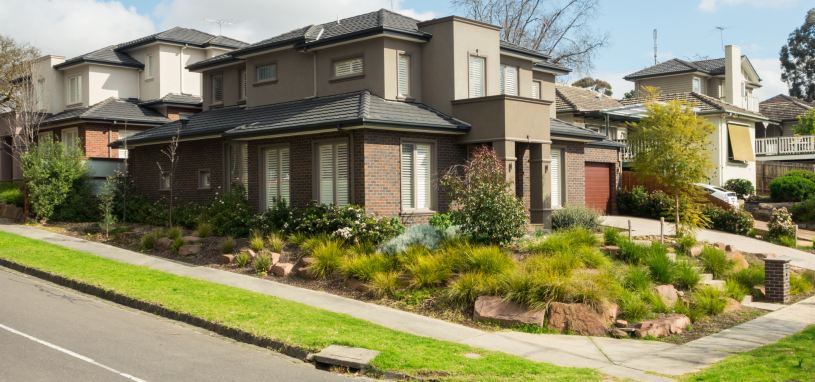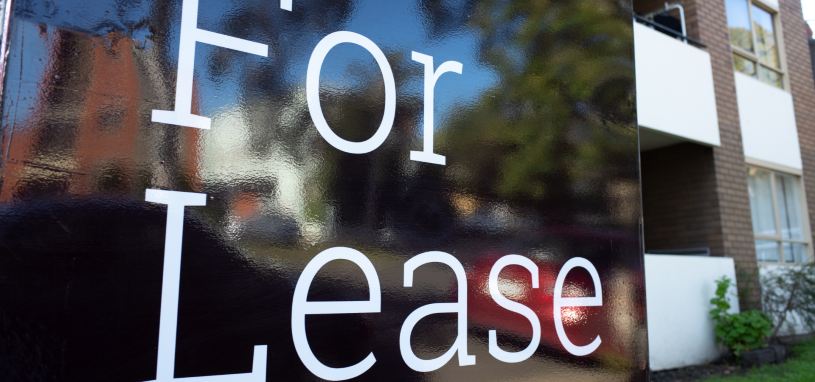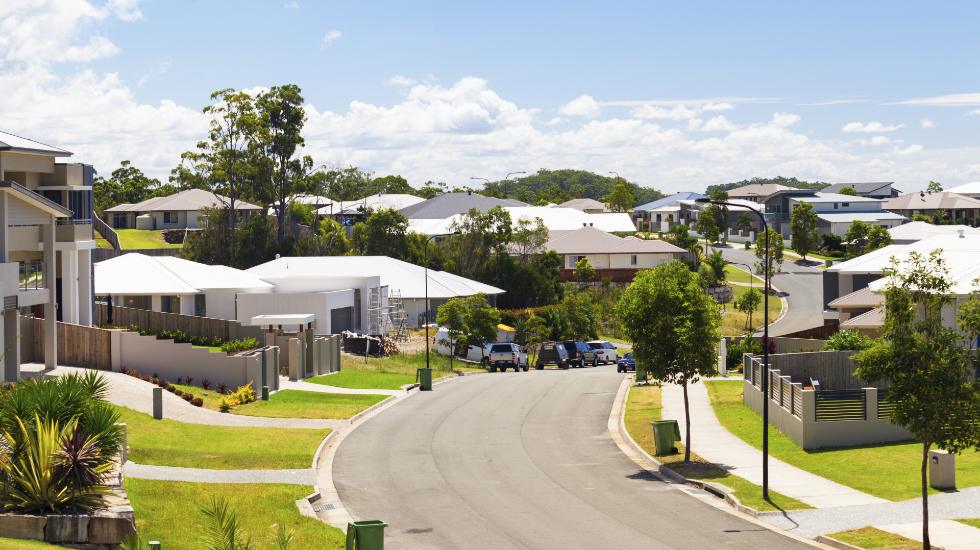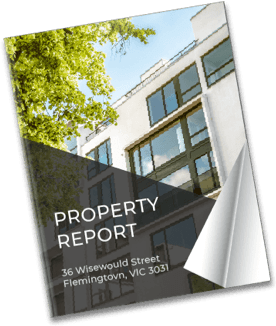Over the last few decades, it has become increasingly common for Australians to own an investment property. Renting out a home or unit can bring in a stable, regular income. However, there can be pitfalls.
Many landlords earn less than they should, because they have difficulty determining rent to charge. Some charge too little for their properties, because they don't know enough about the market. Others lose money by setting rents too high — they forego months of income because they can't attract a tenant.
There is a better way. With the right experience and insight, you could be expecting more from your property. To help you increase the weekly income generated by your investment, and take advantage of rental trends across Melbourne, we've put together the following guide.
Want to get more weekly income from your property? TTS Real Estate has been working in the business for decades, and offers round-the-clock assistance. Find out more about how we help landlords, and book in for a free, same-day rental appraisal.
What is the average rent in Melbourne?

The average overall rent in Melbourne is $420 per week, but the real story behind that figure a bit more complicated. Depending on the suburb, and whether or not a property is a house or a unit, there's a big variation in weekly asking rent.
According to Domain's December quarter rental report for 2019, the average weekly rent (house/unit) for regions across Melbourne is:
- Inner Melbourne: $630/$475
- Inner East: $595/$420
- Inner South: $650/$420
- North East: $410/$370
- North West: $410/$360
- Outer East: $445/$380
- South East: $400/$350
- West: $390/$340
Some of these areas contain high rental yield suburbs. Melbourne properties, especially in the north and west, can often attract rents that are higher than mortgage repayments — you just need to know how to optimise your investment!
How can you improve your rental return?
Rental prices are not pegged to house prices. Just because a house or a unit costs more money to buy, doesn't guarantee that it will earn a higher rental yield. Some areas with comparatively low house prices can outperform in terms of weekly rental rates. Many factors come into play, like:
- The desirability of the property
- The number of candidates for an application
- Recent developments in the market
To get the best possible rental return in your investment property, you should work with a property manager. They can use their experience to:
- Advertise your property efficiently
- Solicit lots of applications
- Find the best renters
And, overall, maximise your weekly income.
Stop losing money on an empty property

Property owners are faced with many costs, like:
- Council rates
- Maintenance
- Mortgage repayments
The longer your investment property is sitting empty, the more money you're losing. A short amount of time between tenants is fine, but for the best financial results, you need to minimise vacancy times.
Across Melbourne, the average vacancy rate is 1.8%. That figure is up year on year, meaning that rental occupancy rates are getting harder for landlords.
At TTS Real Estate, our numbers are much better than the average. We have a vacancy rate across our portfolio of less than 1%. Plus, the average amount of time that it takes us to find quality tenants is a mere eight days.
Getting the right property manager
Some property management companies are more trouble than they're worth. They let your property sit vacant for weeks, fail to ensure you're getting good tenants, and charge exorbitant fees, with the addition of hidden costs.
TTS Real Estate is different. We have no hidden costs, and charge a fixed management fee of 5.5%. We're not another just cost you have to pay — we provide a way for our clients to earn more. We offer free rental appraisals to show potential customers where their property should be sitting in the local market, and can work with you to get the best results.








